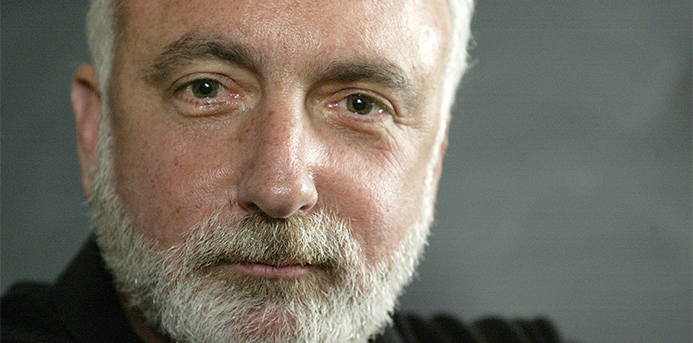The stereotypes of difficult, defiant teenagers and their long-suffering parents are very pervasive in pop culture, but Dr. Laurence Steinberg, Ph.D., is on a mission to change the way people think about adolescence. As a renowned expert on psychology development during adolescence who has been in the field for 40 years and chairs the National Academy of Science Committee on Adolescence, he is the man for the job.
“We need to stop thinking of adolescence as a problem and start thinking of it as an opportunity,” he urges. He recently published the book “The Age of Opportunity: Lessons from the New Science of Adolescence,” which he wrote after noting that bookstores stock dozens of adolescent survival guides. He spoke recently at Family Action Network events in Evanston and Northfield as well as Glenbard South High School.
Steinberg stresses that the idea of adolescence as a stage to be merely endured is not yielding positive results, given that teenagers in the United States lead the world in obesity, sexually transmitted diseases, pregnancies, binge drinking, and violence. He says that just trying to survive leads parents to hold their breath until it’s over, instead of viewing it as a time of amazing growth and development with chances to help kids develop in positive ways.
Steinberg says that adolescence is now twice as long as it was in the 1950s. When it was a shorter period, surviving was perhaps an option, but now adolescence “has been stretched at both ends by the earlier onset of puberty and also the delayed transition from adolescence to adulthood” and can last 15 years. “We need new vision and model of what adolescence is and how to treat young people during this period,” he says.
Steinberg advocates switching the mindset from surviving to thriving.
“The most important lesson emerging from [the] science of adolescence is that it is a period during which people can really thrive. We just need to know how to take advantage of the opportunities it provides us,” he says.
He suggests five ways we can make the most of the opportunities available during adolescence.
1. Recognize that the brain is incredibly plastic and malleable during adolescence, and consider that when allocating resources.
The adolescent brain is exceptionally sensitive to experience and has tremendous capacity to change in response to its environment. The brain can, in essence, be transformed and rewired in a way that is not possible in adulthood. The only other period of development where the brain is as plastic is ages zero to three.
“Preschoolers get all the attention,” says Steinberg. “No one is opposed to good preschool, but it’s an investment, not an inoculation. We must invest in kids throughout their development, especially during adolescence, and make it a priority for how we allocate our resources.” Steinberg particularly urges greater funding for after-school activities.
2. Improve quality of parenting.
Steinberg favors authoritative parenting, which he describes as both “warm and firm.” He recommends that parents have rules and expectations that they explain to their adolescents and consequences that they enforce when those rules are broken or expectations not met.
3. Make high school more challenging and demanding for all kids, not just affluent communities.
In addition to making high school more interesting, Steinberg stresses that students should have chances to develop the non-cognitive skills to be successful in life, such as perseverance, grit and self-control, which are not covered by standardized tests.
4. Realign laws to make them more in keeping with the research on adolescence.
“A country that tries 12-year-olds as adults but doesn’t let 20-year-olds buy beer is deeply confused,” he says. “Letting kids drive at age 16 but not permitting them to see R-rated movies until age 17 doesn’t make sense. We need to ask, ‘Does this make sense?’”
5. Stop looking at adolescence as a race to adulthood.
Steinberg cautions against rushing kids through adolescence and instead suggests focusing on making it more interesting, stimulating and challenging in order to take advantage of the malleability of the brain.
He notes that while adolescence is of course of particular interest to parents and teachers, it is something everyone should be interested in because “we all have a stake in making sure the next generation is happy, healthy, and competent.”

